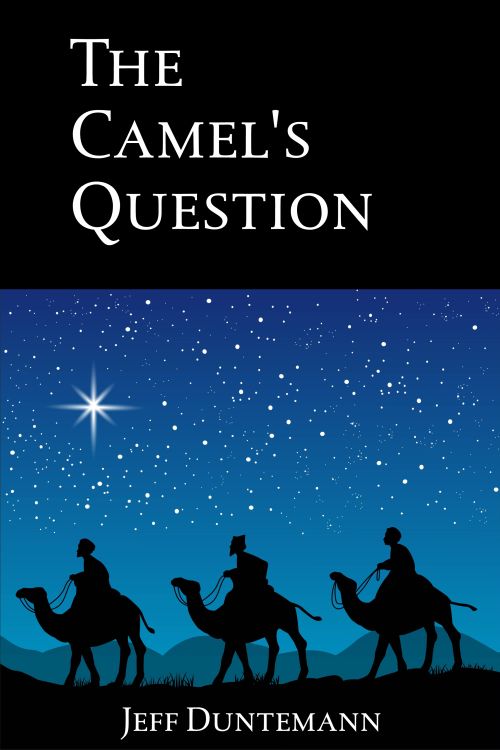I don’t know how he does it. Really. Elon Musk started companies to make electric cars, orbital boosters, subway tunnels, and probably others I haven’t heard of. And then he bought Twitter and put it on his Discover card. (Sorry, dumb joke. It was actually his MasterCard.)
However he did it (and I think he paid way more than it was worth) he now owns Twitter outright. You could hear the screams out to the edges of the atmosphere: Musk is literally Hitler! Twitter is a hellscape of viewpoints I disagree with! Twitter is literally genocide! The first thing our man Elon did was what needed doing most: Purging accounts trading in child sexual abuse material. The second most important thing: Ending the Blue Checkmark as a badge of the anointed elite. He now sells them for $8 a month. I’ll probably get one sooner or later, just to support him.
Twitter is now what it was intended to be: a virtual town square where lots of interesting things can be discussed and linked to. No more shadowbanning. No more throttling of reach. No more colluding with the Feds to suppress viewpoints that the Feds don’t like.
It’s not like there are no rules. As I mentioned above, Musk declared war on Twitter accounts that trade in child sexual abuse content early in the game, and has canceled tens of thousands of accounts for breaking those rules. There are rules against impersonating other people, and probably some others that I’m not aware of. Closer to home, I find I can post articles about “forbidden” COVID treatments, along with other contentious health issues, like whether or not red meat is a precursor to cancer and heart disease. I tried to do some of those posts a year or so ago, and every one got shot down. I had to call Ivermectin “IVN” and hope people could read the code.
All gone, and good riddance.
I don’t engage in political arguments for the most part, so I’ve not heard much of the blood and thunder raging between those who liked the old Twitter and those who prefer the new. I have seen a lot of former bluechecks claiming to have left Twitter (whether they deleted their accounts in the process or not is often hard to tell) and go elsewhere. I find it interesting that the elsewhere of choice (there are actually quite a few) is Mastodon.
Mastodon is probably the largest single player in what insiders call “the Fediverse” because of the way that Mastodon (and some others like it) operate. Mastodon as a whole is actually a collection of seperate Mastodon servers (“instances”) operating as peers over a protocol called ActivityPub. Each instance controls who can join and who can be blocked, from individuals up to whole other instances. From what I’ve read, there is a great deal of blocking going on right now. And that’s all to the good; that’s what federation is for: local (rather than central) control. If you don’t like the people on one instance, go find another. If you keep getting blocked, maybe you need some quality mirror time.
There are three major problems with the Fediverse vis-a-vis Twitter:
- If members start doing illegal things (like posting child sexual abuse material) the operators of the instance may be held responsible by law enforcement. Musk has people paid to moderate against this. Moderation is neither cheap nor free. I doubt that more than a tiny fraction of Fediverse instances have the resources to police such things.
- Similarly, if members of an instance start posting copyrighted material, the operators of the instance have to have a way to handle DMCA takedown notices. Disney in particular has no mercy about such things, and infringement can be very costly. Again, guarding against illegal activity takes paid staff once an instance has more than two or three dozen members.
- No matter what the Fediverse does or how large it gets, members of any given instance will not have the reach that they did on Twitter. There are no real metrics on how much reach some instances have, given all the bitching and blocking going on right now. In a couple of years we may know more. But given the nature of federation, measuring reach may simply be impossible.
Although I like federation as a concept, to me these downsides are showstoppers. I wish all the Mastodoners good luck. They’re going to need it.
I do have some predictions about Twitter for the new year:
- Fairly soon, Elon Musk will hire someone who understands his management style as CEO of Twitter, and that individual will do what Musk wants. This is what all the nonsense about Twitter deciding via poll whether he should step down or not was about. He knew damned well he was going to step down as CEO in favor of a hand-picked successor. He has a lot of other irons in some very big fires.
- The rules governing moderation will be clarified.
- Twitter will establish a policy of not cooperating with governments in censoring viewpoints or “misinformation” that cooks down to things governments don’t like.
- The saner people who bailed out of Twitter for the greater Fediverse will (quietly) come back to Twitter once they realize how few people can hear them.
- The genuine headcases (most of them celebrities) will stay away. Or let us fervently hope.
I like Twitter, though I don’t spend a great deal of time on it. That said, I predict that this will be the best Twitter year since…ever!












